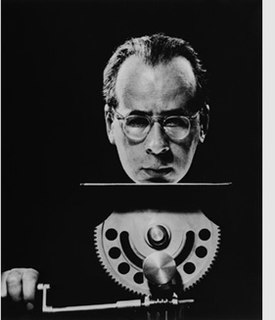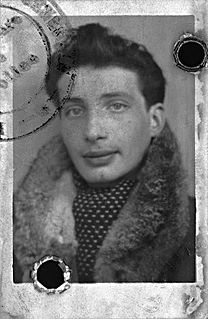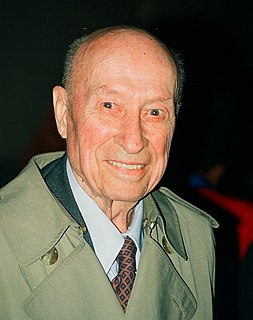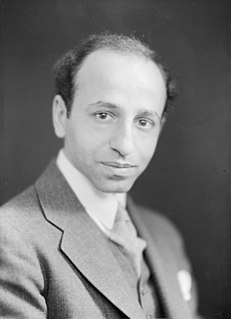A Quote by Edward Weston
The photograph isolates and perpetuates a moment of time: an important and revealing moment, or an unimportant and meaningless one, depending upon the photographer's understanding of his subject and mastery of his process.
Related Quotes
In common with other artists the photographer wants his finished print to convey to others his own response to his subject. In the fulfillment of this aim, his greatest asset is the directness of the process he employs. But this advantage can only be retained if he simplifies his equipment and technic to the minimum necessary, and keeps his approach from from all formula, art-dogma, rules and taboos. Only then can he be free to put his photographic sight to use in discovering and revealing the nature of the world he lives in.
The photographer's most important and likewise most difficult task is not learning to manage his camera, or to develop, or to print. It is learning to see photographically — that is, learning to see his subject matter in terms of the capacities of his tools and processes, so that he can instantaneously translate the elements and values in a scene before him into the photograph he wants to make.
Up to and including the moment of exposure, the photographer is working in an undeniably subjective way. By his choice of technical approach, by the selection of the subject matterand by his decision as to the exact cinematic instant of exposure, he is blending the variables of interpretation into an emotional whole.
Cartier-Bresson has said that photography seizes a 'decisive moment', that's true except that it shouldn't be taken too narrowly...does my picture of a cobweb in the rain represent a decisive moment? The exposure time was probably three or four minutes. That's a pretty long moment. I would say the decisive moment in that case was the moment in which I saw this thing and decided I wanted to photograph it.
A photographer is a witness. He has a moral duty. Every picture must be true and honest. I believe a photographer's strength is his ability to accurately record reality. There are photographers who think they are lucky if they find unusual or special subject. But it is never the subject that is so marvelous. It is how alive and real the photographer can make it.
One view of photography is that it is a zen-like act which captures reality with its pants down - so that the vital click shows the anatomy bare. In this, the photographer is invisible but essential. A computer releasing the shutter would always miss the special moment that the human sensibility can register. For this work, the photographer's instinct is his aid, his personality a hindrance.
The decisive moment, the popular Henri Cartier-Bresson approach to photography in which a scene is stopped and depicted at a certain point of high visual drama, is now possible to achieve at any time. One's photographs, years later, may be retroactively rephotographed by repositioning the photographer or the subject of the photograph, or by adding elements that were never there before but now are made to exist concurrently in a newly elastic sense of space and time.

































